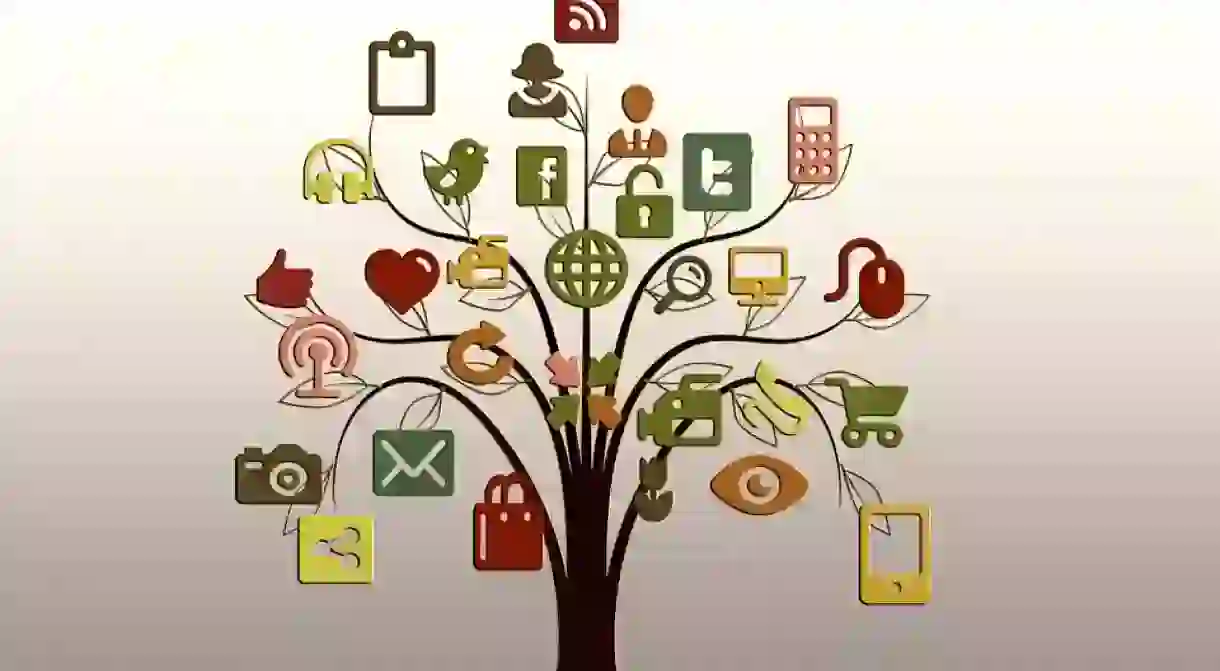How to Stay Online When Travelling to Morocco

If you’re planning a trip to Morocco you may be thinking about how to stay connected and get online. Whether you’re a digital nomad who relies on the internet for trip planning and inspiration or whether it’s your primary means of keeping in touch with friends and family back home; you’ll be pleased to know that web connectivity around Morocco is generally very good. Keep reading for all you need to know about staying online when travelling around Morocco.
Morocco’s Telecommunication Rules
In general, Morocco is quite an open and unrestricted country regarding internet access. Censorship is fairly light but topics related to the independence of Western Sahara and terrorism are mostly blocked. Internet users should also be aware that Morocco has started prosecuting people for certain online activities; such as defamation of the Royal Family, insulting Islam, and getting into serious controversial political discussions. There are no laws directly related to internet use.
Until recently it was not possible to use web-based programs to make voice or video calls, including Whatsapp, Facebook Messenger, Skype, and Viber. Many can now be accessed normally. In the past, YouTube was also banned, but it is now freely available.

Using Wi-Fi Hotspots
Many hotels, guesthouses and riads offer free Wi-Fi for guests. It’s common for connections to be secured with a password rather than open-access networks. But if you stay in an apartment there is less chance of internet being included in your rate. If it is included, a weak signal is likely to render the connection next to useless.
Surprisingly, even many mountain properties offer Wi-Fi to guests. However connections may not be the speediest or most reliable. It is fairly unusual to find a homestay that offers Wi-Fi.
Restaurants and cafes that are primarily geared towards tourists will often offer free Wi-Fi. The more up-market coffee shops are also popular with net-surfing Moroccans. The more traditional coffee shops don’t often offer Wi-Fi for customers.
Attractions in larger cities, such as Marrakesh, Fes, and Tangier, are starting to wake up to the fact that “checking in” at a place is part and parcel of a travel experience for many people. Therefore it’s becoming more common to find Wi-Fi at attractions.
In Marrakesh, you’ll even find a park that offers free Wi-Fi to visitors. Maintained by a local telecoms company, find a spot in the shade of the trees in Arsat Moulay Abdeslam Cyber Park and go online on your devices.

Visiting an Internet Cafe
Internet cafes are widely available around Morocco. Even in smaller towns, locals have realised the business potential of providing somewhere for people to communicate with the wider world for a reasonable fee. While many Moroccans own smartphones and other mobile devices, there is a significant number of people who rely on internet cafes to get online.
Equipment may be fairly old, but connections are generally good. It is better to visit an internet cafe during the day, when children are still in school and many people are still at work. Come evening time, it might be difficult to find a vacant machine.
Buying a Local SIM Card or Dongle
If you need a fairly stable connection, it might be worth investing in a pay-as-you-go local SIM card for your unlocked phone or a dongle (USB modem) for your laptop.
These rely on 3G or 4G networks and will work wherever there is network coverage. Dongles rarely work in the more remote mountainous areas, though you may still have a mobile phone signal. There are several providers to choose from, including Maroc Telecom, INWI, Meditel, and Wana. Maroc Telecom generally offers the better coverage, but it is also the most expensive option.
For mobile phone services, you can buy a SIM card by showing your passport or ID card. With mobile contract packages requiring a month’s pre-payment, many tourists find it more convenient to simply buy a top-up card when required.
The process is similar when buying a modem for a laptop. The initial cost to buy the dongle, complete with a mobile card, includes one month of internet service. Users can then pay for a further month, buy top-up cards from a variety of outlets, or pay online.














